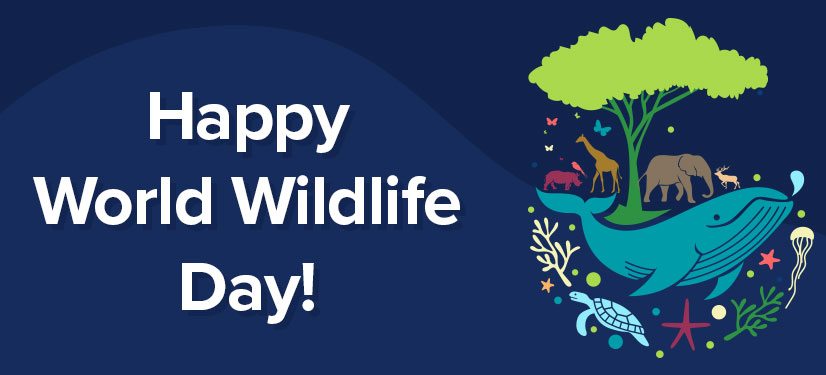
We learn by observing others, receiving training, and reading and exploring on our own. The mere experience of living and interacting with others provides us with opportunities that challenge us and encourage us to think, grow, and ask questions.
But there’s another very powerful entity that can teach us how to live a happier, healthier, and more meaningful life in a more effective way. It’s nature herself. Observing the natural world and its resident beings can spark fantastic, important and creative ideas in your mind. Not only that, we can even learn lessons on basic living, such as how to be healthy and calm, and while finding balance.
However, the flipside is that most of us no longer realise that the world out there is capable of teaching us important things in life. We don’t spend as much time outdoors compared to our previous generation. In fact, a famous study by the University of Illinois, Chicago, found that we spend about 25% less time outside now than we did in the late 1980s. That’s unfortunate, because nature is like one giant classroom and we are regularly bunking its classes.
On this World Wildlife Day, 3rd March, here are some profound lessons we can learn from animals and nature.
Everything has its timing
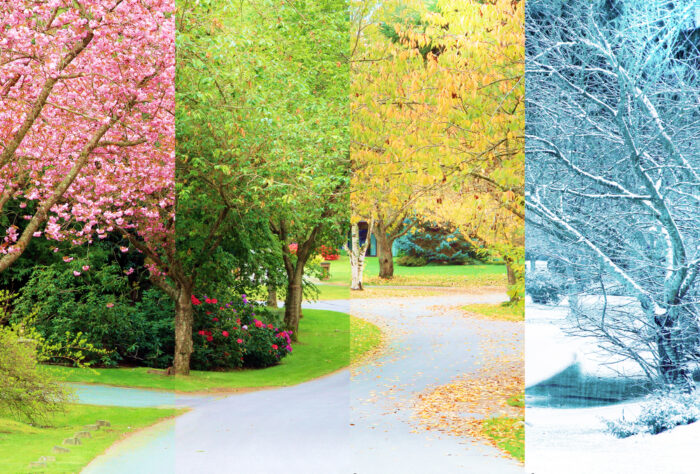
Nature teaches us that everything happens for a reason and at a predetermined time. Sometimes in our life we want certain things to happen instantly.It is hard for most of us to wait for the fruits of our actions and hence we expect results immediately. But the really good things in life – learning a skill, self-discovery, meditation– are not like instant coffee. They take time, practice and effort.
Take a look at the natural cycles of weather and seasons. There is an all-important flow – the bitter cold of winter followed by the blossoming beauty of spring. Then follows the warmth and light of summer, followed by the colourful changes of autumn. For everything there is a season and a reason. If we did not have winter, the wheat would not be able to grow to its full potential. The seeds planted beneath the soil would lie waiting to flourish. And in spring, the flora and fauna get a fresh makeover. Try to follow the example of Mother Nature’s divine timing to increase your own capacity for patience. All good things come with time. There really is the right and special time in your own life for every event and achievement.
Nature has almost zero waste

Earth is essentially a “materially-closed” system. Except the occasional meteorites, nothing much enters the planet, and nothing much leaves the planet either. That means there is only a set amount of carbon, nitrogen, and phosphorus atoms, water molecules, and so on, on the planet to work with. That is why natural systems have gotten very good at recycling everything!
In fact, living things rarely create “waste.” What’s waste to one organism is quite often food for another. For example, a single phosphorus atom — a necessary ingredient for life — can be recycled hundreds of times within a forest, before it’s gently redeposited into Earth’s sediments. And there too, the land will ultimately recycle it once again. Unfortunately, we humans use many goods only once before they become waste or toxic pollution. For example, we buy a plastic bottle and throw it away, and then we buy another one. We need to learn and mimic nature’s ability to recycle.
We’re all connected
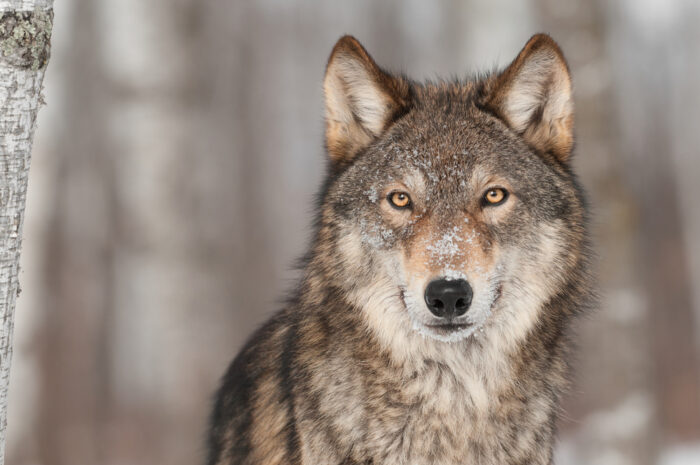
Ecosystems only thrive when there is balance. That means that wildlife populations play off of one another to ensure their optimal success. For example, if the wolf population increases past carrying capacity then it will cause the population of their prey to drop drastically which can alter the vegetation in the region.
While humans have sort of removed ourselves from this direct participation in our respective ecosystems, that does not mean that our actions don’t influence other species. Looking at the direct connections between animals in the wild can teach us that we’re not as distant as we might think.
Take everyone along
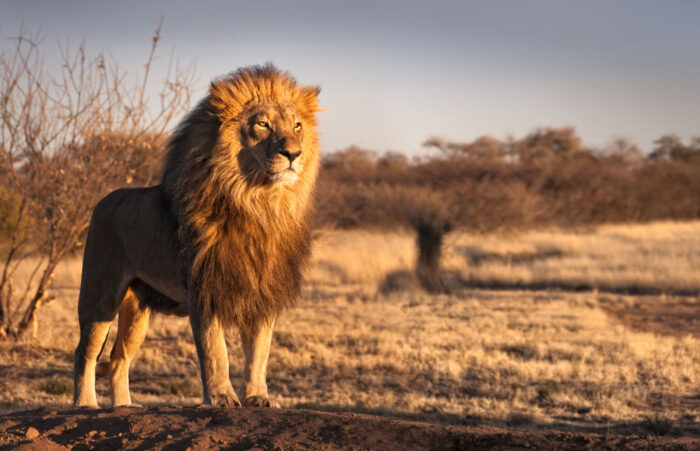
Unlike other wild cats, lions live and hunt in groups known as ‘prides’. These social units normally have fewer adult males (say two), four or five females and their offspring. It advocates what many of us already knew and practiced; working as a team, creates synergy. By synergy we mean that what a team produces with a combined effort would always exceed the sum of individual efforts of the same team members.
But in the current scenario, individuality or the attitude of ‘I, me, myself’ has become a way to compete. If you want to be a leader like the lion, learn how to gel with people around you. It is in togetherness that we learn, grow and understand others and our own selves better.
Learn persistence from nature
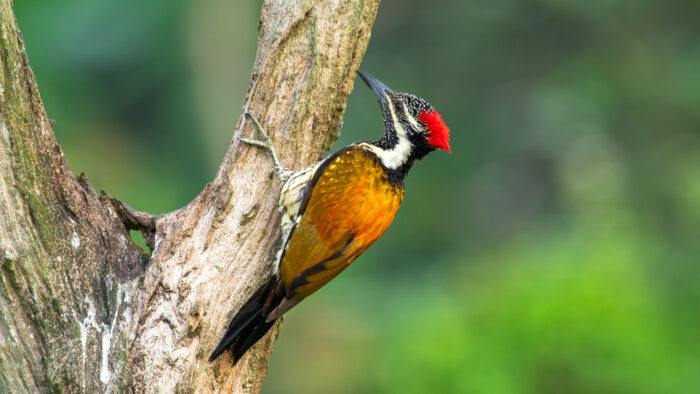
The persistent woodpecker hammers away at a dead tree to make a nest. The patient heron stands stock-still in the water, waiting for a fish to swim within reach. Even water shows both patience and persistence, slowly shaping and cutting rocks one drip at a time.
The trees and grass remind us that the processes of life happen very slowly. Change will come, but it may take a lot of consistent effort before it’s evident. When we hit a setback, we need to show resilience, get back up, and keep working towards our goal.
Hard work, and working together can solve every problem
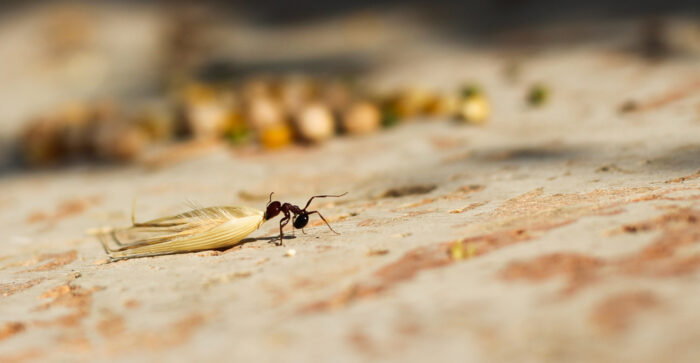
Go out in your garden and observe the ants. Ants are unarguably the most industrious creatures. Their complex social structures have inspired many studies and filled reams of research material. Ants are hard-working, patient and organised. Ants exemplify what it means to be self-motivated. Size, lack and location are not limiting factors for them. They make no excuses and continue with the business of getting things done. No one has to tell them to move, do their work or to work together. They work for the common good. Moreover, they do not need a captain or a leader as they are disciplined and natural self-starters.
So, the next time you are getting in your own way & your goals seem too difficult,don’t look up for inspiration, look down instead. You may find the amazing ants motivating you to keep going.
What lessons or inspiration do you draw from the natural world? Do share with us in the comments below. We’d be thrilled to hear from you.
Raza has been writing since 2008, be it fiction, poetry, or articles on science, politics, and history. He believes that words can change the world, and he uses them to inspire and empower people through his writing. When he is not working, he is watching nature documentaries or playing with his cats.
Comments
Sunandana Kar
March 21, 2021
Look around you and learn morals?
Swastika
March 17, 2021
I learnt persistent